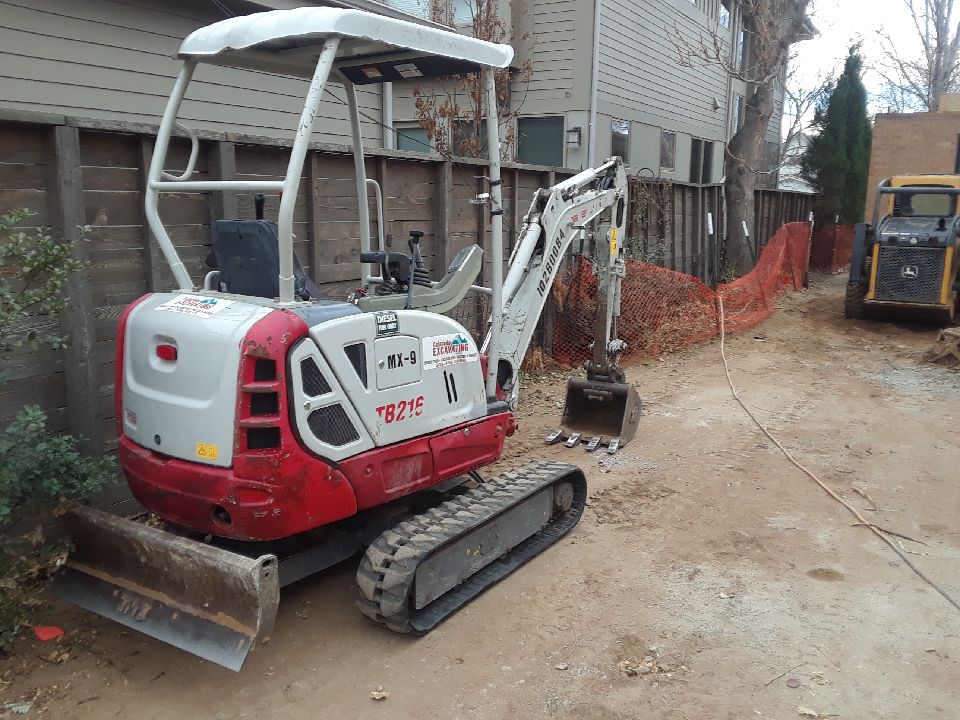Sustainable construction has become an important buzzword in the building industry. With the growing emphasis on environmental consciousness and sustainability, excavating companies are playing a pivotal role in promoting these practices. By leveraging cutting-edge technologies and implementing innovative strategies, excavating companies contribute significantly to the sustainable construction industry.
Modern Excavation Practices for Sustainable Outcomes

Excavating is a critical process that often marks the beginning of any construction project. It involves moving earth, rock, and other materials using heavy machinery, which, without careful management, could lead to significant environmental impact. However, with the rise of sustainable practices, modern excavating companies are shifting their operational strategies to minimize this impact.
One way excavating companies promote sustainability is through resource efficiency. This involves using machinery that is energy-efficient, reducing fuel consumption, and, in turn, decreasing carbon emissions. Moreover, many companies now use equipment with lower emission engines and solar-powered tools, adhering to green construction standards.
Soil Management and Erosion Control
Another crucial aspect of sustainable excavation is effective soil management. By strategically storing topsoil for later use in landscaping and reclamation, excavating companies can minimize soil waste and disruption to the ecosystem. In addition, companies are adopting practices such as mulching, seeding, and the use of erosion control blankets to prevent soil erosion and runoff, thereby protecting surrounding water sources.
Waste Management and Recycling
Sustainable excavating also involves waste management and recycling strategies. Excavating companies contribute to sustainability by reducing the waste sent to landfills. They do this by separating construction waste and repurposing or recycling materials wherever possible. For instance, concrete and asphalt can be crushed and reused in new construction or roadwork, thus promoting a circular economy in the construction industry.
Land Preservation and Restoration
Excavating companies also contribute to sustainable construction by preserving and restoring the land after completion of a project. Reclamation involves restoring the natural landscape, mitigating the project’s impact on local ecosystems, and supporting biodiversity. This process includes activities like regrading slopes, reseeding native plants, and restoring habitats.
Sustainable Certification
Several industry certifications recognize and reward sustainable practices. Excavating companies, by adhering to these standards, can ensure their operations align with best practices for sustainable construction. For instance, the Leadership in Energy and Environmental Design (LEED) certification recognizes construction projects that prioritize sustainability and efficiency.
The impact of excavating companies on the sustainable construction industry cannot be overstated. Through innovative practices such as resource efficiency, effective soil and waste management, and land restoration, these companies are pioneering sustainable construction.
Sustainable excavation is more than an industry trend; it’s a necessity for our environment. By incorporating these practices, excavating companies not only enhance their reputation but also contribute to a healthier and more sustainable planet. The future of construction lies in sustainability, and excavating companies are leading the way.
